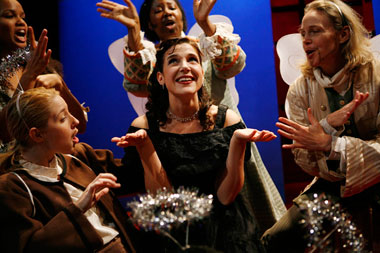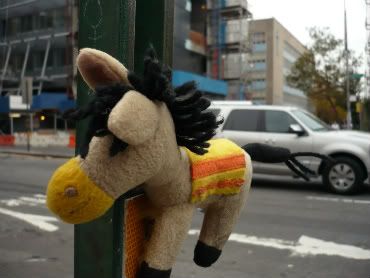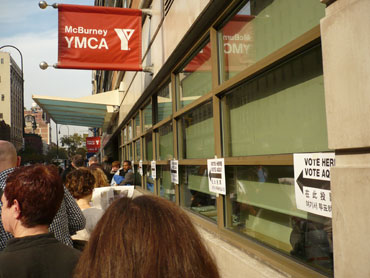When it comes to Beatles fans, there's a whole spectrum. Some just like the music. At the other extreme are those who obsess over every detail of the band's life and work: reading all the biographies and analyses, studying all the lyrics, following all the legacy news.
This new documentary is for those who fall somewhere in the middle. The information and perspectives imparted by these variously scholarly interviews won't give extreme Beatles geeks anything they don't already know, and to the casual fan they may not be of great interest. For someone like me, though – a serious music listener and Beatles fan, but without the desire (or, I suspect, the brain capacity) for encyclopedic knowledge – it hits the spot.
The documentary focuses on "the centerpiece of their success: the extraordinary songwriting partnership of John Lennon and Paul McCartney." During the years 1966-1970 that partnership took the Beatles from pop stardom to the forefront of musical sophistication and even the avant-garde, resulting in a body of work that continues to stimulate imitation, inspiration, and study decades later. (A previous DVD took up the formative period, from 1957-1965.)
Authors, journalists, and creative souls like Barry Miles, Klaus Voormann, Allan Moore, and Robert Christgau talk about the progression of events and influences that fueled the creativity of the Beatles' two primary songwriters through the period of the group's greatest success. The Dylan influence, Lennon's taking surreal inspiration from random phrases and posters, McCartney's immersion in the London art scene, the challenges of Frank Zappa's experiments and The Who's noise-rock – all these and more collect into a pretty well-rounded picture of what made these boys tick.
George Harrison's songwriting contributions, which became very significant in the later period, aren't covered here, and one misses them – not because the filmmakers don't deliver on what they promise, but because one can't feel fully immersed in the world of Beatles music without Harrison. But purely as a study of the songwriting of Lennon and McCartney, it succeeds. The documentary footage is interesting, if limited, and despite the dry, semi-scholarly tone, one gets fairly caught up in the excitement and emotions of a time when pop music was becoming much more than trifles for the ear.
Since the focus is on a small selection of representative songs, full versions of them would really improve the film. Beatles fans most likely have all the songs anyway, but being able to listen right then and there would certainly be a plus. Of course, getting the full rights to songs can be difficult or impossible, especially for independent filmmakers.
Extras are scant: a structural analysis of the song "A Day in the Life" by Allan Moore (just the sort of thing I find fascinating), and textual biographies of the contributors. The latter are useful because I didn't know who half of these people were, and it's good to see what makes them "experts." British fans will find more of them familiar names.
For the obsessive Beatles fanatic who knows everything but also needs everything, this will be a welcome addition, but non-completists can probably take a pass. For those who are merely highly interested, it's definitely worth a look.







